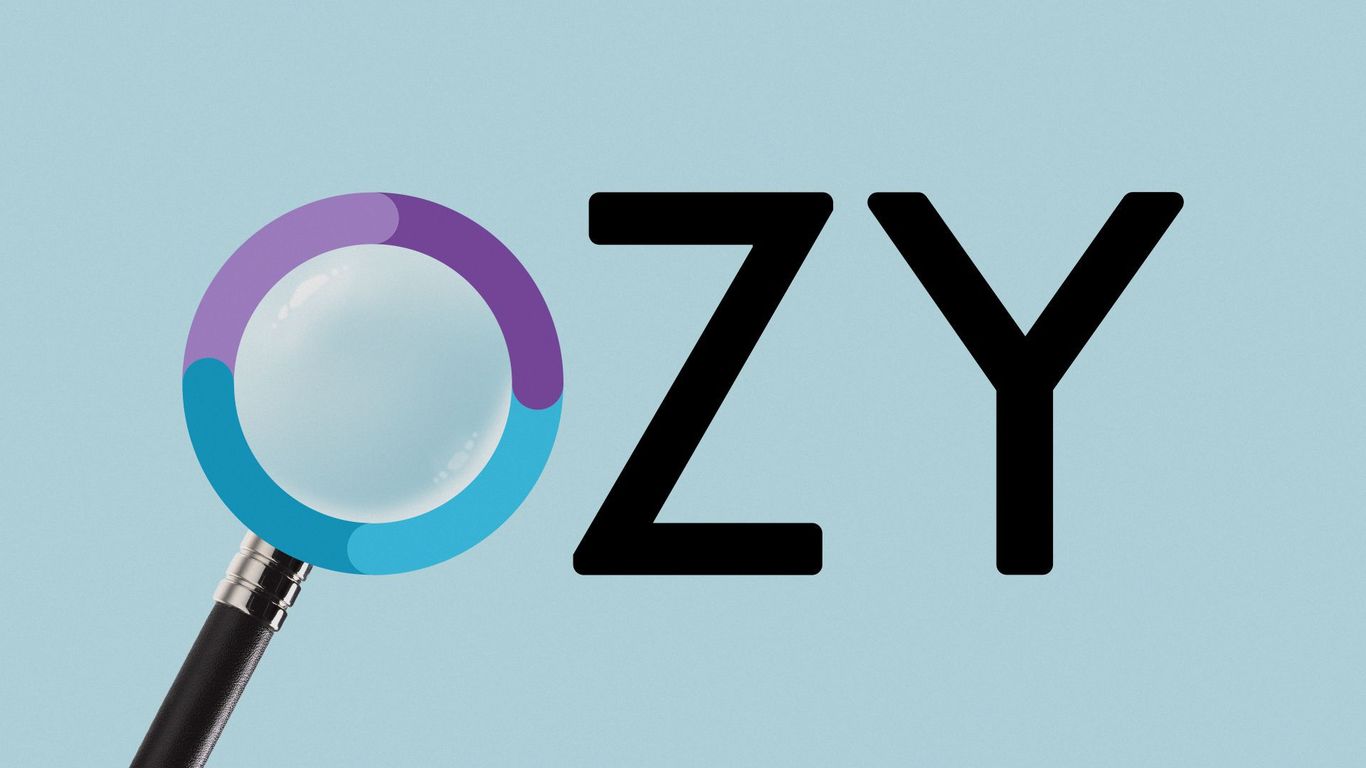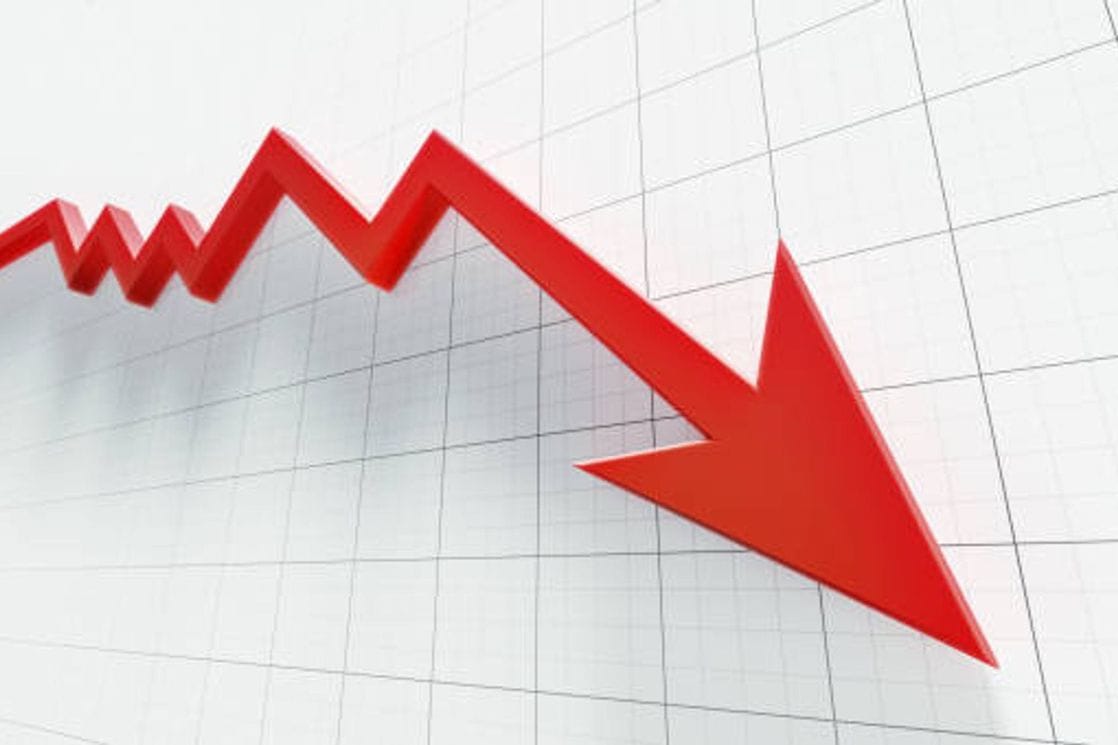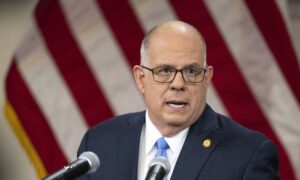• Surging food prices push inflation to 15.63%, first increase after eight months of decline
• Rewane expects inflation to remain high half year
• Intra-party campaigns will increase pressure, says Owoh
After eight months of decline, Nigeria’s headline inflation rate rose to 15.63 per cent in December 2021, from 15.50 per cent recorded in November. This was disclosed, yesterday, by the Statistician-General of the Federation, Simon Harry, during a press briefing at the National Bureau of Statistics (NBS), Abuja.
Earlier data from the NBS showed that headline inflation has been on a downward trajectory since April 2021. However, the trend was broken in December when month-on-month (MoM) inflation climbed 0.23 points higher than figure recorded in November.
Nigeria’s headline inflation realigned with global concerns over rising prices of essential commodities, leaving the Monetary Policy Committee (MPC) with hard choices as they meet next week.
The seeming return of a faster inflation rate comes about a week to the first meeting of the MPC in 2022. The meeting is scheduled for January 24 and 25, and it will see the committee members debate and vote for holding, reducing or increasing the going Monetary Policy Rate (MPR).
The policy rate was last reduced by 100 basis points in September 2020. The MPC battled against the tide and resisted the pressure to increase the interest rate last year amid troublesome inflation.
The members, in some of the meeting communiqué, admitted that they were in a fix between a tightening rate to control inflation and an expansionary rate that would stimulate growth.
The Guardian had reported that the MPC could also be compelled to adjust the benchmark. Some economists said the uptick in December inflation has reinforced the need to alter the policy option.
According to the Consumer Price Index (CPI), December recorded 1.82 per cent month-on-month change to push the headline inflation to 15.63 per cent amid a surge in food prices.
The official inflation rate had hit 18.17 per cent in March, the highest in over four years, before a gradual retreat that saw it coming down to 15.4 per cent in November.
This implies that prices showed an uptick in December 2021 but dropped when compared to the corresponding period of 2020.
According to the report, increases were recorded in all Classification of Individual Consumption According to Purpose (COICOP) divisions that yielded the headline index.
Data by the NBS had claimed that the country’s inflation grew consistently at a slower rate from April to November, though the figure was strongly disputed by other stakeholders.
But an independent market survey by The Guardian had put the average year-to-date (YTD) changes in prices of essential commodities as at November between 50 and 100 per cent.
Estimates by other organisations, including that of the Lagos Business School (LBS), were 90 per cent.
“In December 2021, all items inflation on year on year basis was highest in Ebonyi (18.71%), Kogi (18.37%) and Bauchi (17.81%), while Kwara (12.32%), Edo (13.46%) and Cross River (13.93%) recorded the slowest rise in headline Year-on-Year inflation,” the NBS report reads.
“On month-on-month basis, the highest increases were recorded in Ebonyi (4.01%), River (3.41%) and Taraba (3.28%), while Jigawa (0.56%) recorded the slowest rise with Cross River and Kaduna recording price deflation or negative inflation (general decrease in the price level).
According to the report, food inflation also increased to 17.37 per cent in December from 17.21 per cent in November.”
NBS said the rise in the food sub-index was caused by increases in the price of bread and cereals, food product, meat, fish, potatoes, yam and other tubers, soft drinks and fruits.
“In December 2021, food inflation on a year-on-year basis was highest in Kogi (22.82%), Enugu (20.65%) and Lagos (20.27%), while Edo (13.24%), Kaduna (13.53%) and Sokoto (14.82%) recorded the slowest rise,” the report added.
“On month-on-month basis, December 2021 food inflation was highest in Cross River (4.09%), Akwa Ibom (3.88%) and River (3.79%), while Nasarawa (0.21%), Jigawa (0.39%) recorded the slowest rise in inflation on month-on-month with Kaduna recording price deflation or negative inflation (general decrease in the price level of food or a negative food inflation rate).”
The report noted that the highest increases were recorded in prices of gas, liquid fuel, wine, actual and imputed rentals for housing, narcotics, tobacco, garments, shoes and other footwear and clothing materials, other articles of clothing and clothing accessories.
AT a forum on economic outlook last week, Managing Director of Financial Derivatives Company Limited, Bismarck Rewane, also bucked at the monthly CPI data, saying, “it is difficult to believe that inflation is slowing in Nigeria while it is otherwise in other economies.”
He said the inflation would continue to accelerate, at least, in the first half of the year before it would start decelerating. The global supply shock, he said, would have an impact on local trend.
“We can expect to see sustained cost-push factors, including a planned fuel subsidy removal, new electricity tariffs and additional taxes; alongside legacy issues, such as increased debt service burden and exchange rate conversion. Inflation will remain structurally high at an average of 13.3 per cent, with an increase in Q1 and Q2,” he said.
In December, the food index, as in previous years, defied harvest season impact and climbed even at a faster speed than the core inflation index.
Besides Rewane, a professor of applied economics, Owoh Godwin, and Vice Chairman of Highcap Securities Limited, David Adonri, had projected that the country would see faster inflation, anchoring their projections on impacts of political activities and currency impacts.
Owoh said intra-party campaigns would compound the demand on the foreign exchange (FX), which is expected to increase inflationary pressure. With members of the national economic management team expected to join the political fray, Owoh said it would be difficult to rein in fiscal indiscipline and prices.
For festive seasonal impacts, it may be too early to suggest the December figures are a confirmation the country has returned to acceleration. In the past 10 years, December recorded a downtrend in headline inflation only three times – 2011, 2012 and 2017 – on a year-on-year basis. In effect, a faster inflation trend has been associated with December unbroken in the past four years.
Former director-general of the Lagos Chamber of Commerce and Industry (LCCI) and Chief Executive of Centre for Promotion of Private Enterprise, Dr. Muda Yusuf, said “the surge in demand during the December festivities must have played a role in the marginal spike and reversal of the deceleration trend in December inflation figure.
“Meanwhile, inflationary pressures remain a significant macroeconomic risk in the Nigerian economy. It is a major concern to both businesses and the citizens. Meanwhile, food inflation, which is the biggest worry for the poor, rose from 17.21 per cent in November to 17.37 per cent in December. But on a month-on-month basis, there was an increase of 2.19 per cent.
“Core inflation, which relates to non-agricultural products, maintained an upward trend. It increased from 13.85 per cent in November to 13.87 per cent in December. This was largely a reflection of the impact of currency depreciation and the liquidity challenges in the forex market,” Yusuf explained.
The economist listed the implication of rising inflation as the escalation of production/operating costs for businesses, increase in the rate of poverty, high business sustainability risk and lower investors’ confidence.
According to him, security concerns, climate change resulting in flooding and desertification in many parts of the country, structural constraints, high transportation costs, monetisation of fiscal deficit (which exceeds statutory threshold most times) and high transaction costs are some of the pain points.
“To tame the current inflationary pressure, the government needs to reform the foreign exchange market to stabilise the exchange rate and reduce volatility, address forex liquidity issues through appropriate policy measures, address the security concerns disrupting agricultural activities and address productivity issues in the real sector of the economy,” he said.
Other solutions suggested include, addressing the challenge of high transportation cost, reducing fiscal deficit financing by the Central Bank of Bank (CBN) to minimise the incidence of high-powered money in the economy, managing climate change consequences to reduce flooding and desertification addressing concerns around high energy cost.
Nigeria’s high inflation was an isolated case earlier last year but it is not anymore. The United States’ inflation, as released last week, rose to seven per cent in December, the highest since 1982. Worried by the challenge, the Federal Reserve System has commenced a liquidity tightening process, which includes unwinding the stimulus programme that helped to contain the financial impact of COVID-19 and plans to hike interest rate this year.
Fed’s planned rate hike has stoked a race among central banks to balance measures to contain COVID-19 impact with inflation risks. The Bank of Korea, for instance, has upped the base rate three times in the past six months. Inflation pressure has pushed interest rate to the front burner across Europe, America and Asia.
Note: This article have been indexed to our site. We do not claim legitimacy, ownership or copyright of any of the content above. To see the article at original source Click Here













